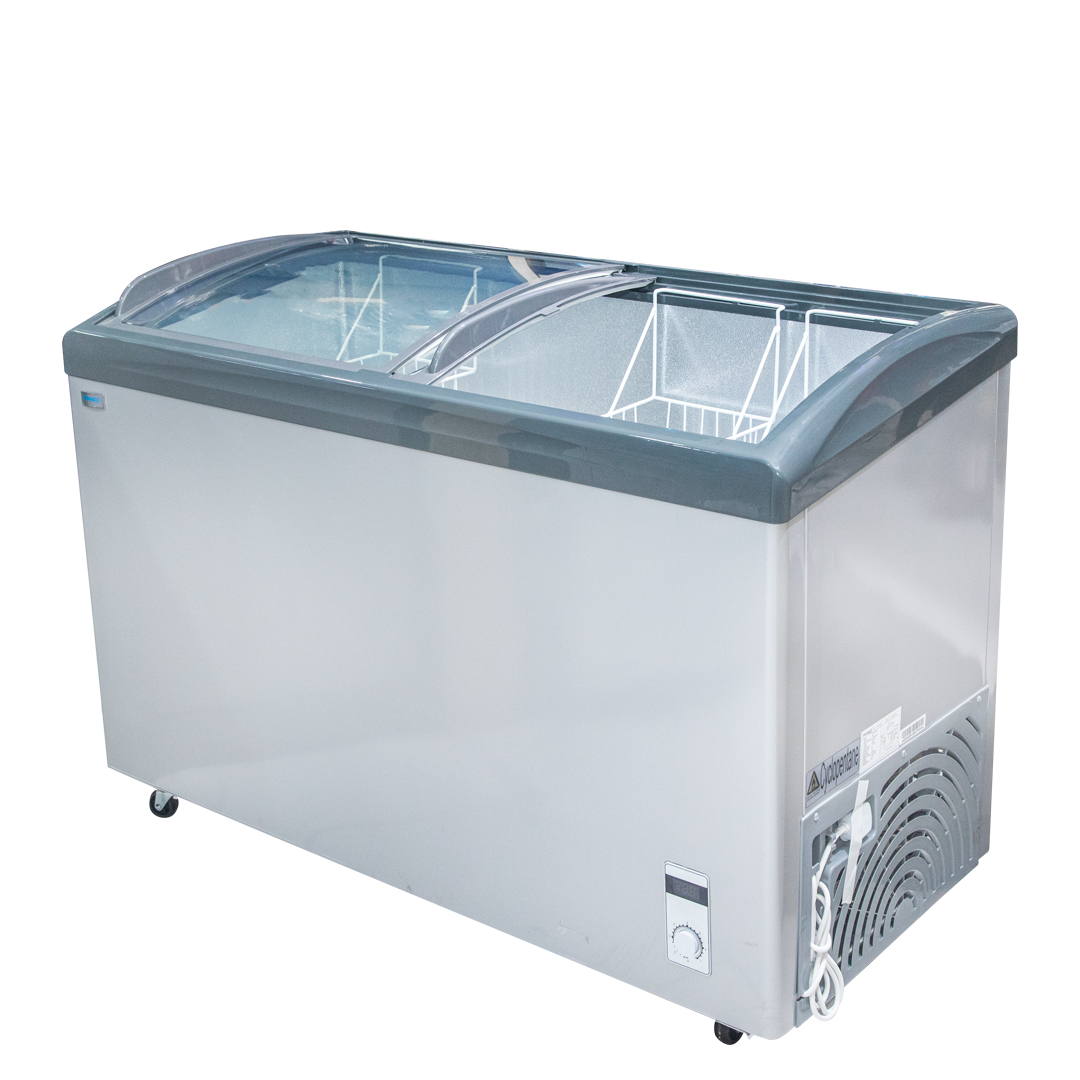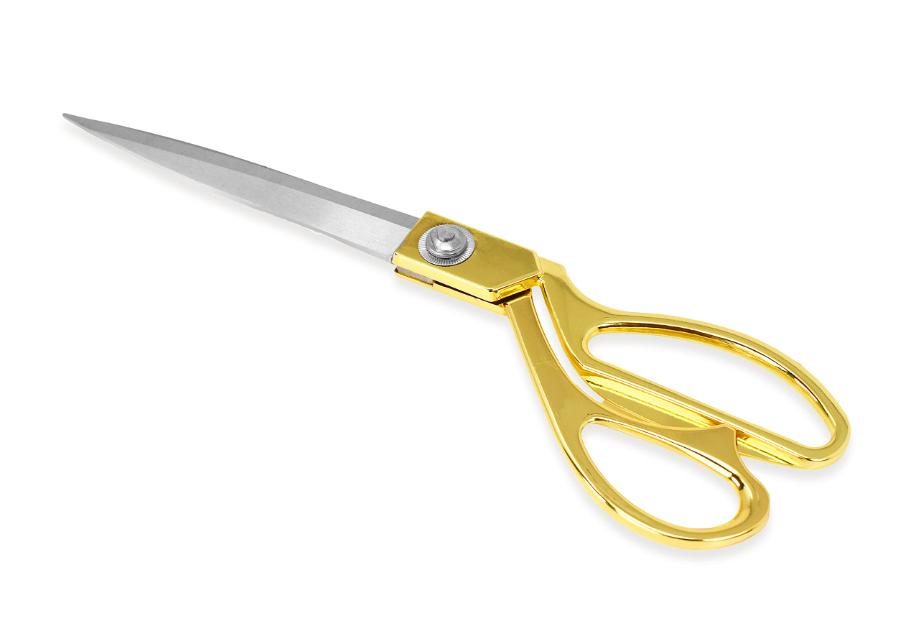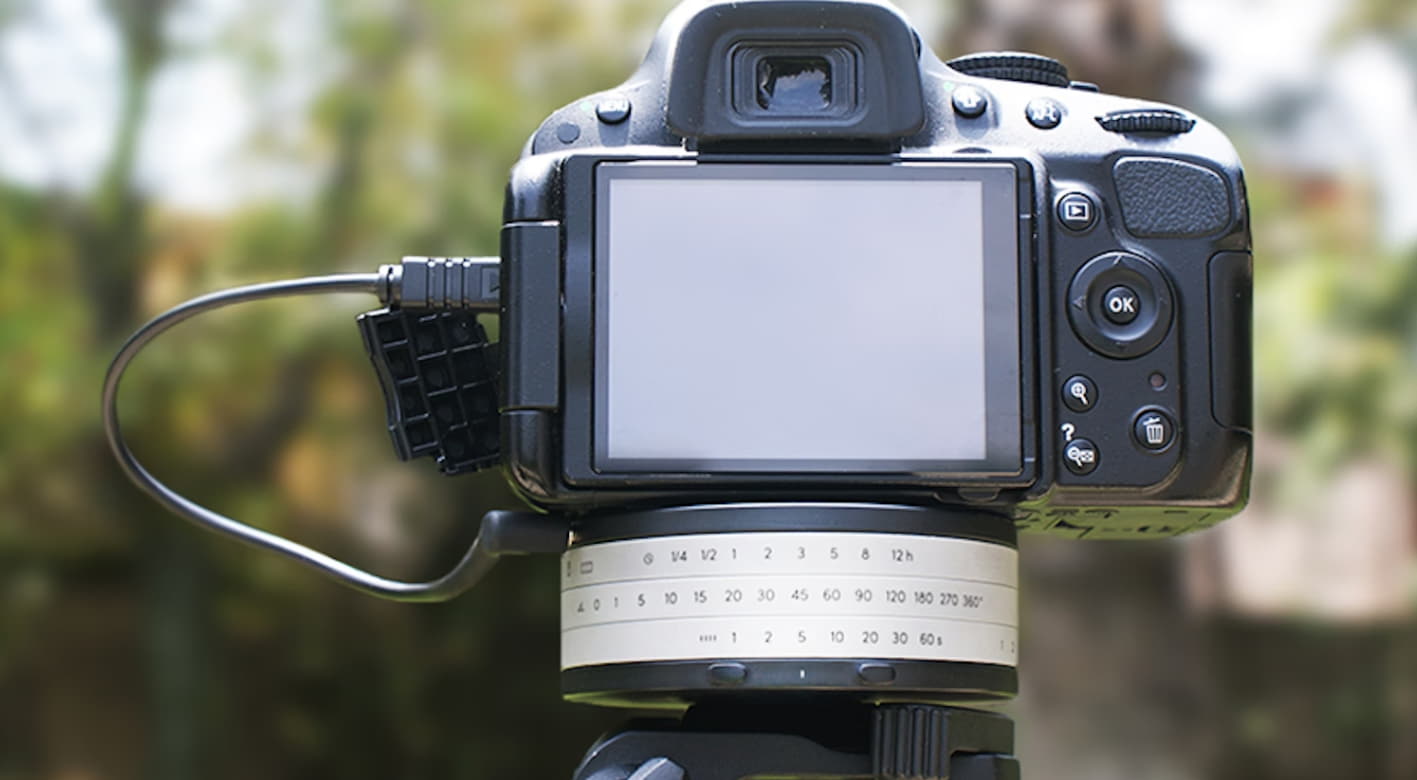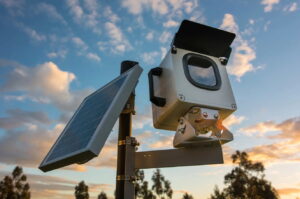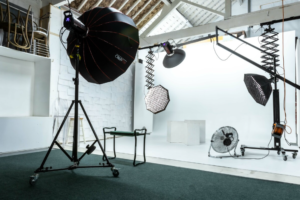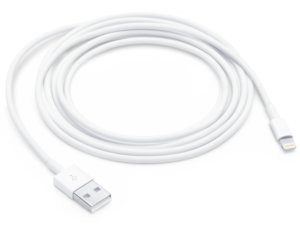Frame-by-frame photography is a captivating technique, and having the right time lapse controller certainly helps make the most of it. This device allows you to condense hours, days, or even months into a mesmerizing sequence of images. Time-lapse photography offers a unique perspective on the passage of time.
To make the most of this technique, understanding how a controller functions is crucial. Let’s explore the essential features to help you take your photography to the next level.
6 Essential Settings For Impactful Time-Lapse Results
Interval Setting
The interval setting determines the time between each frame captured by your camera. When choosing an interval, consider the speed of the subject and the desired outcome. For fast-moving subjects, shorter intervals work best to capture every moment.
For slower subjects, longer intervals can create a smoother sequence. Experimentation is key to finding the perfect interval that suits your vision.
Exposure Control
Consistent exposure is crucial for seamless time-lapse sequences. Auto exposure can work well in stable lighting conditions. For challenging lighting situations or when shooting over an extended period, manual exposure is recommended. Take test shots and adjust the exposure settings accordingly to achieve optimal results.
Motion Control
Motion control adds dynamism and depth to your time-lapse sequences. Pan, tilt, and slide movements can create captivating visual effects. There are various options available, from simple motorized panning heads to advanced multi-axis motion control systems.
Remote Shutter Release
Using a remote shutter release minimizes camera shake and ensures sharp images throughout your time-lapse sequence. You can opt for either a wired or wireless remote depending on your preferences and camera compatibility. It’s important to check if your time-lapse controller supports the remote shutter release feature for your camera model.
Advanced Settings: Bulb Ramping
To capture stunning day-to-night transitions, bulb ramping is a useful technique. It gradually adjusts the exposure settings as light conditions change, ensuring smooth transitions between frames.
File Management and Storage
Organizing your time-lapse files is essential for efficient editing and post-processing. Use a consistent naming convention and create separate folders for different projects or sequences. When it comes to storage, ensure you have sufficient space by using high-capacity SD cards or external hard drives.
Conclusion
Time lapse controllers offer a range of essential settings that can greatly enhance your time-lapse photography. With the knowledge of these essential settings and features, there are no limits to the captivating sequences you can create. Happy shooting!
Related Source: Time Lapse Equipment

 Home
Home